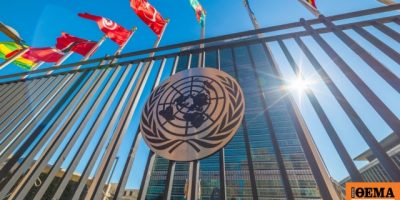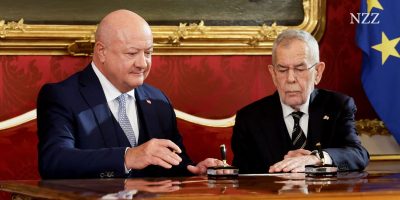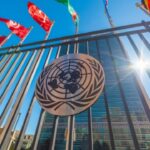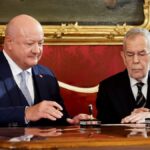
Dr Yusuf Bangura: Sierra Leone Telegraph: 02 March 2025:
Many of the world’s rare minerals are in the DRC. Western companies are heavily involved in mining them. They prefer a weak government in Kinshasa that they already control to an unstable environment that threatens their investments and access to the minerals. Tshisekedi is mortgaging the resources of his country for his personal survival.
The heavy involvement of Western companies in extracting the DRC’s resources on the cheap, and Tshisekedi’s offer of more concessions, may explain the sanctions that Western governments are currently taking against Rwanda.
The US has sanctioned James Kabarebe, Rwanda’s Minister of State for Regional Integration, Kagame’s main man in the destabilisation of eastern DRC and pilfering of DRC’s resources; as well as Lawrence Kanyuka Kingston of M23 and his commercial and mining companies.
A junior minister in the UK ministry of foreign affairs, Ray Collins, also stated last week, that the UK government will ‘soon’ sanction Rwanda (Since writing this article, the UK government has sanctioned Rwanda).
What Tshisekedi is offering the US and Europe is the kind of deal that Trump loves. It’s transactional foreign policy per excellence. He’s trying to do the same thing in Ukraine—asking the Ukraine leader, Zelenskyy, to give him half of Ukraine’s rare earth minerals in exchange for US support for Ukraine in its war with Russia.
So we have Rwanda and the M23 pillaging DRC’s resources using mass violence and territorial conquest; and Western governments using neocolonial arrangements with DRC leaders to achieve the same objective of pillaging the DRC’s resources. And there’s no power in Africa that can stop this madness. Sad!

















